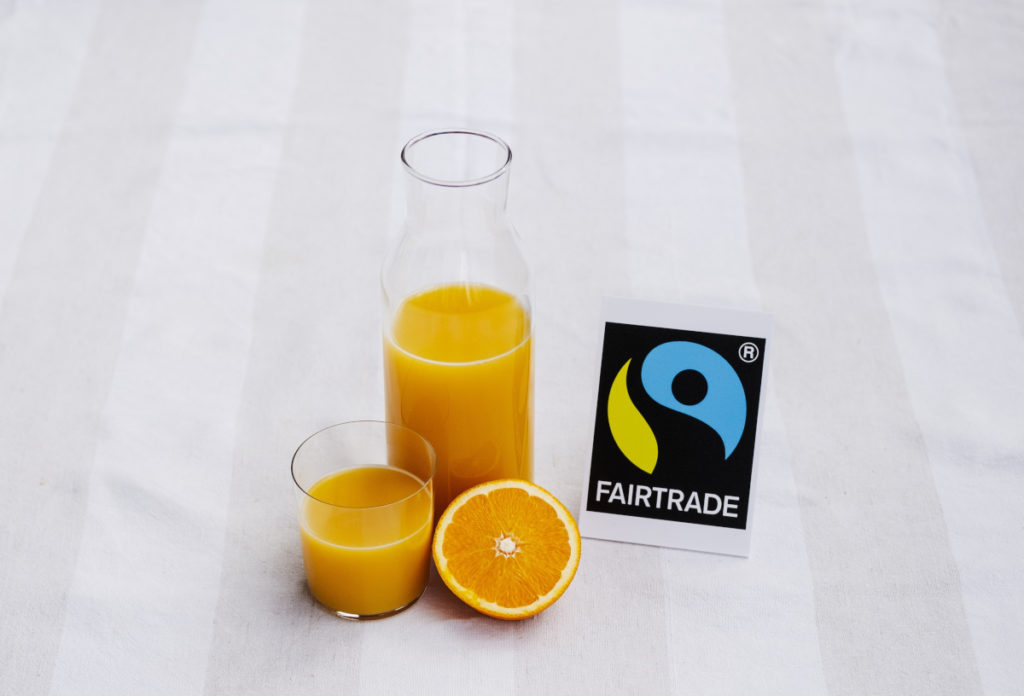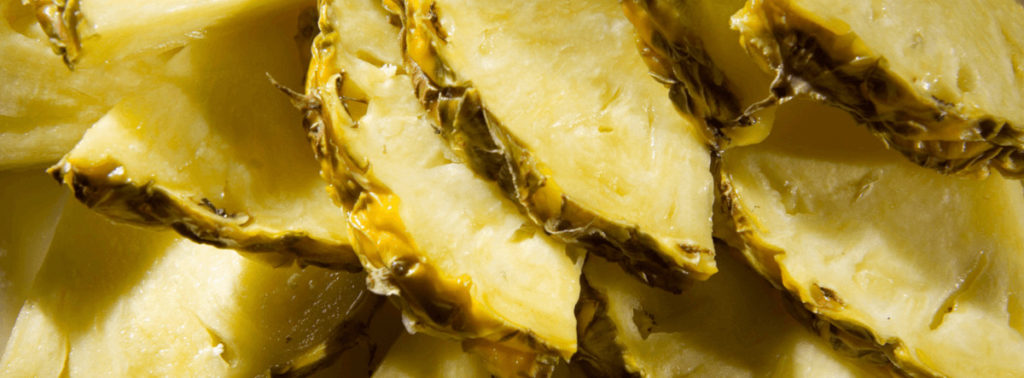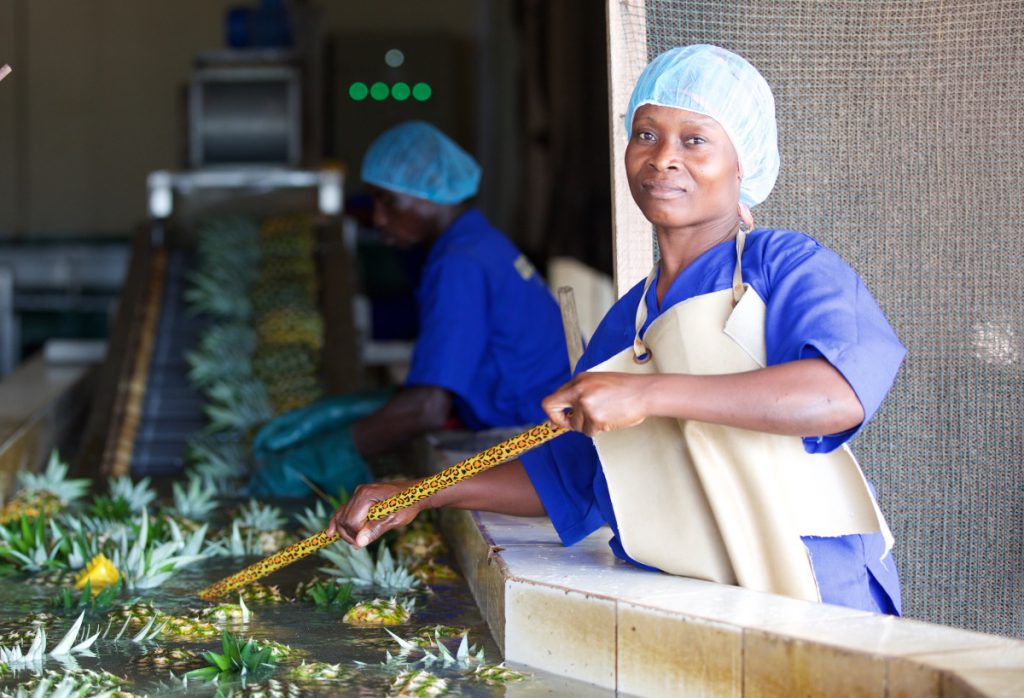Find out about the wide variety of Fairtrade fruit on UK shelves – beyond the iconic Fairtrade banana.
fairtrade fruit comes in all shapes and sizes

When people first think of Fairtrade fruit, the famous Fairtrade banana comes to mind.
That’s no surprise, given that one in three bananas bought in the UK is Fairtrade certified, which makes a huge difference to Fairtrade banana farmers and workers across the world.
Learn more about Fairtrade banana farmers.
But beyond bananas, Fairtrade certifies a growing variety of fresh and dried fruit, as well as fruit for juices.
These include:
- Limes grown in Mexico
- Pineapples from Costa Rica
- Oranges produced in South Africa
- Grapes grown in Egypt
- Pomegranate from Peru
- Mango produced in Côte D’Ivoire
- Dates from Palestine.
Millions of people depend on fairtrade fruit
Did you know that around 98 per cent of tropical fruits are grown in low-income countries?
Millions of small-scale farmers and workers on large farms depend on the fruit industry for their livelihoods. Many of them do not earn the incomes their hard work deserves.
This is even though revenue in the global fresh fruit market was worth more than $600bn (approximately £500bn) in 2022. It’s expected to keep growing 6 per cent annually until 2027. Imagine the difference it could make if more was sold on Fairtrade terms.
They create a healthy return on investment
Every time someone buys Fairtrade fruit it’s a show of solidarity with the women and men who produced it.
Through Fairtrade, thousands of fruit farmers and workers in Africa, Asia, Latin America and the Caribbean can access fairer terms of trade.
They can also invest additional income from Fairtrade sales in protecting the environment and improving their communities.
In 2020, over £33m in Fairtrade Premium funds was generated by global sales of Fairtrade-certified fresh fruit, dried fruit and fruit juices, including Fairtrade bananas.
What’s more, the Fairtrade Minimum Price means farmers have a vital safety net that supports them:
- Meet their families’ needs
- Plan for the future
- Build resilience to crises such as Covid-19 and climate change.
They help growers to harvest change

Buying Fairtrade means you are helping smaller farms and workers to survive.
supporting workers
Workers in the fresh fruit industry are often in a precarious position. They often lack labour contracts, good wages and even limits on excessive overtime.
Fairtrade sets standards to ensure decent working conditions, trains workers on their rights and supports them to negotiate the terms and conditions of their work through trade unions and collective bargaining.
Meeting standards
Smaller producers can find it hard to meet expected hygiene and appearance standards, which can require serious investment.
Fairtrade supports small-scale farmers to offset rising costs by increasing what they grow, in a sustainable way.
Helping the environment
The fruit industry is notorious for the heavy use of pesticides and fertilisers, which can pollute ground water.
Fairtrade Standards require stringent environmental and safety measures to protect the health of farmers and workers, as well as our shared environment.
They’re sold in a bunch of places
Fairtrade fruits, whether fresh, dried and bottled, are available across the UK – just look for the blue and green Fairtrade MARK.
For example, you can find:
- Fairtrade oranges and grapes and tomatoes (also a fruit!) in the Co-op
- Fairtrade tomatoes in Ocado
- Fairtrade Medjoul dates supplied by Zaytoun
- Soft drinks made from Fairtrade fruit in Holland & Barrett
- Fairtrade orange and apple juice in Greggs.
How to stock fairtrade fruit
The more places that stock Fairtrade fruit, the easier it will be to get one step closer to a world where farmers and workers are treated fairly.
As of summer 2022, not all varieties are widely available in the UK. For instance, Fairtrade Brazilian papaya and Fairtrade Vietnamese passionfruit are sold in Switzerland, but not yet in the UK. However, at Fairtrade Foundation we’re working hard to change this and to encourage more UK businesses to branch out in this way.
If you’re a brand or retailer interested in finding out more about Fairtrade-certified fruit, we’d love to hear from you. Contact us via email: commercial@fairtrade.org.uk.
